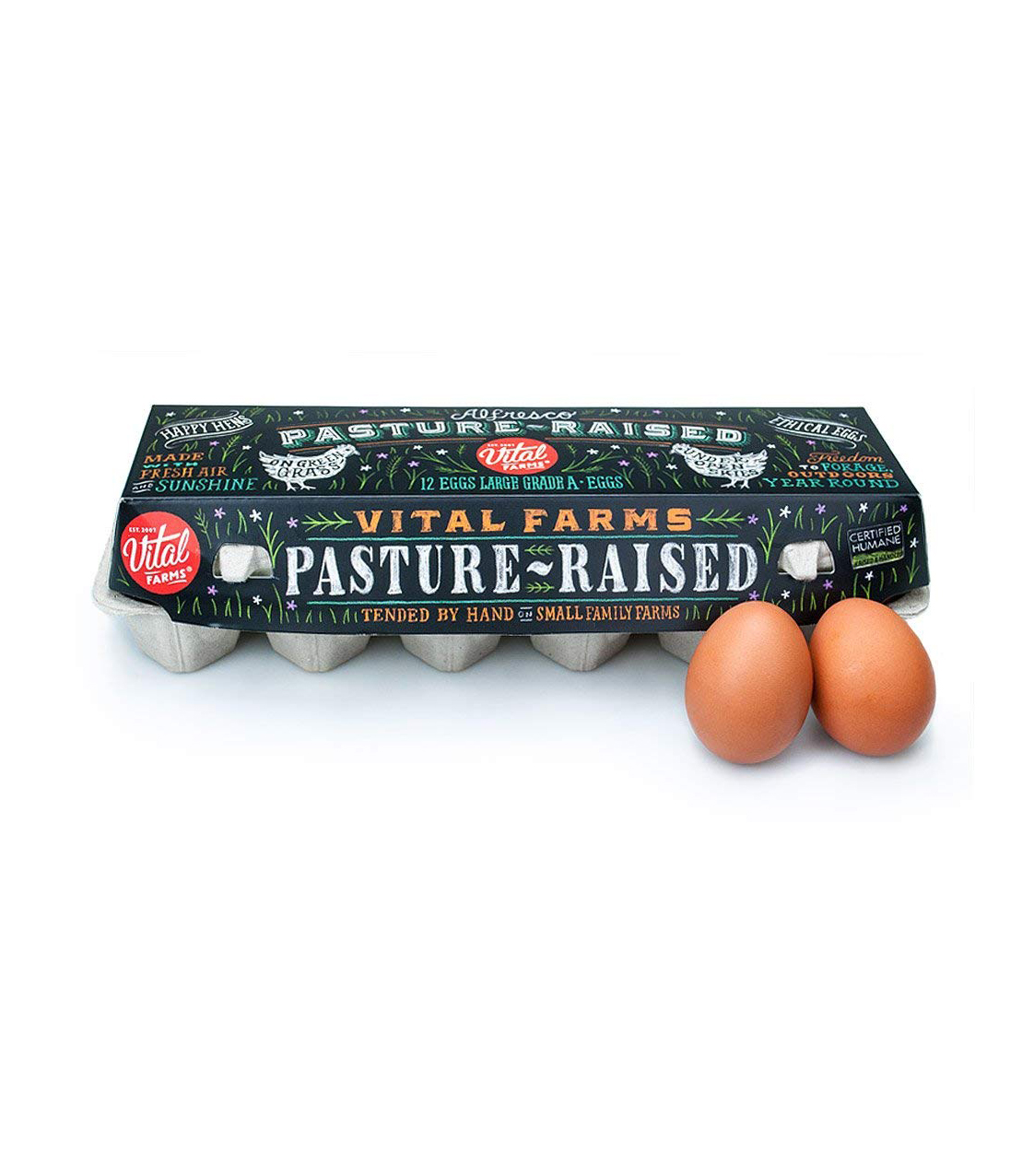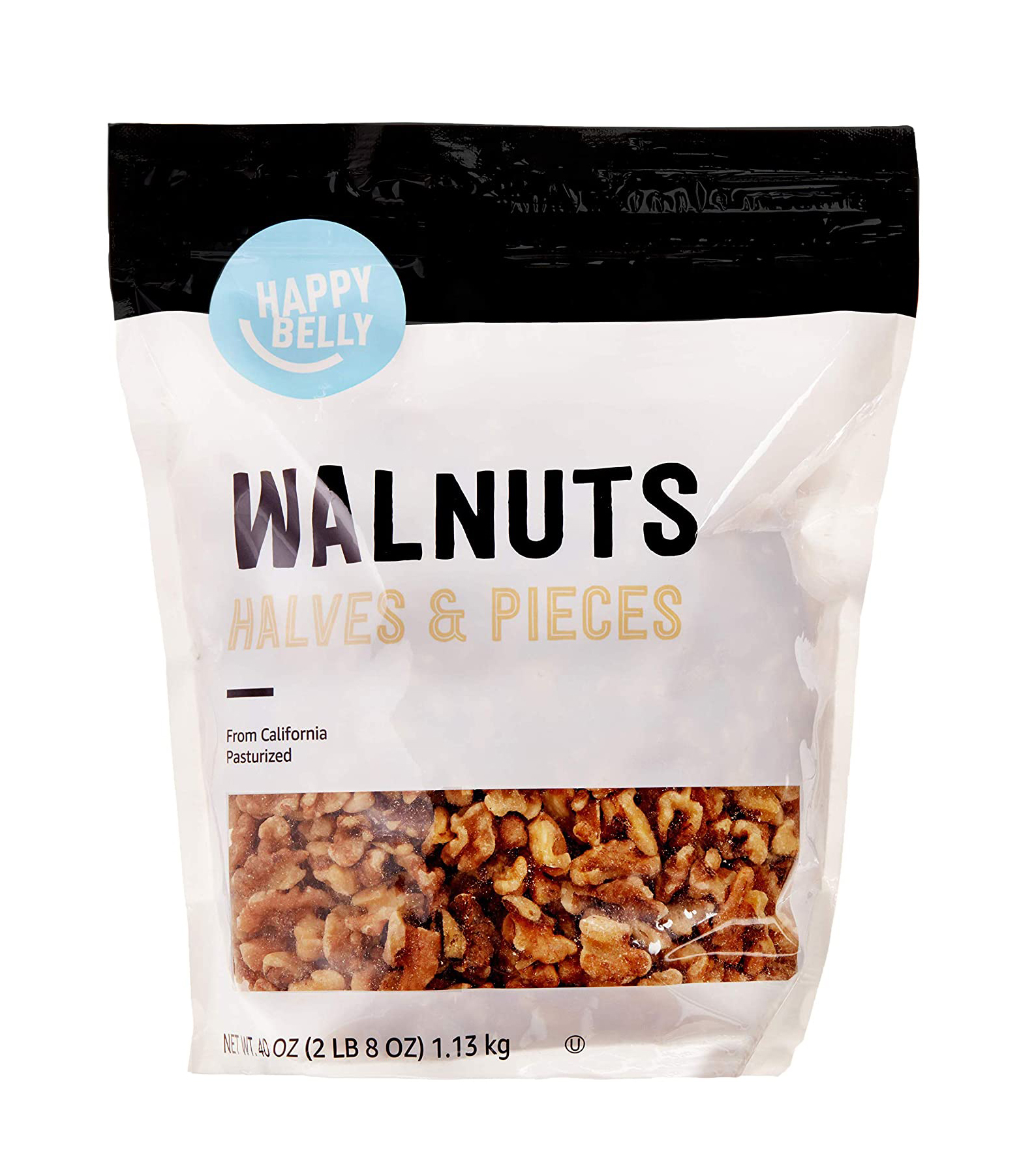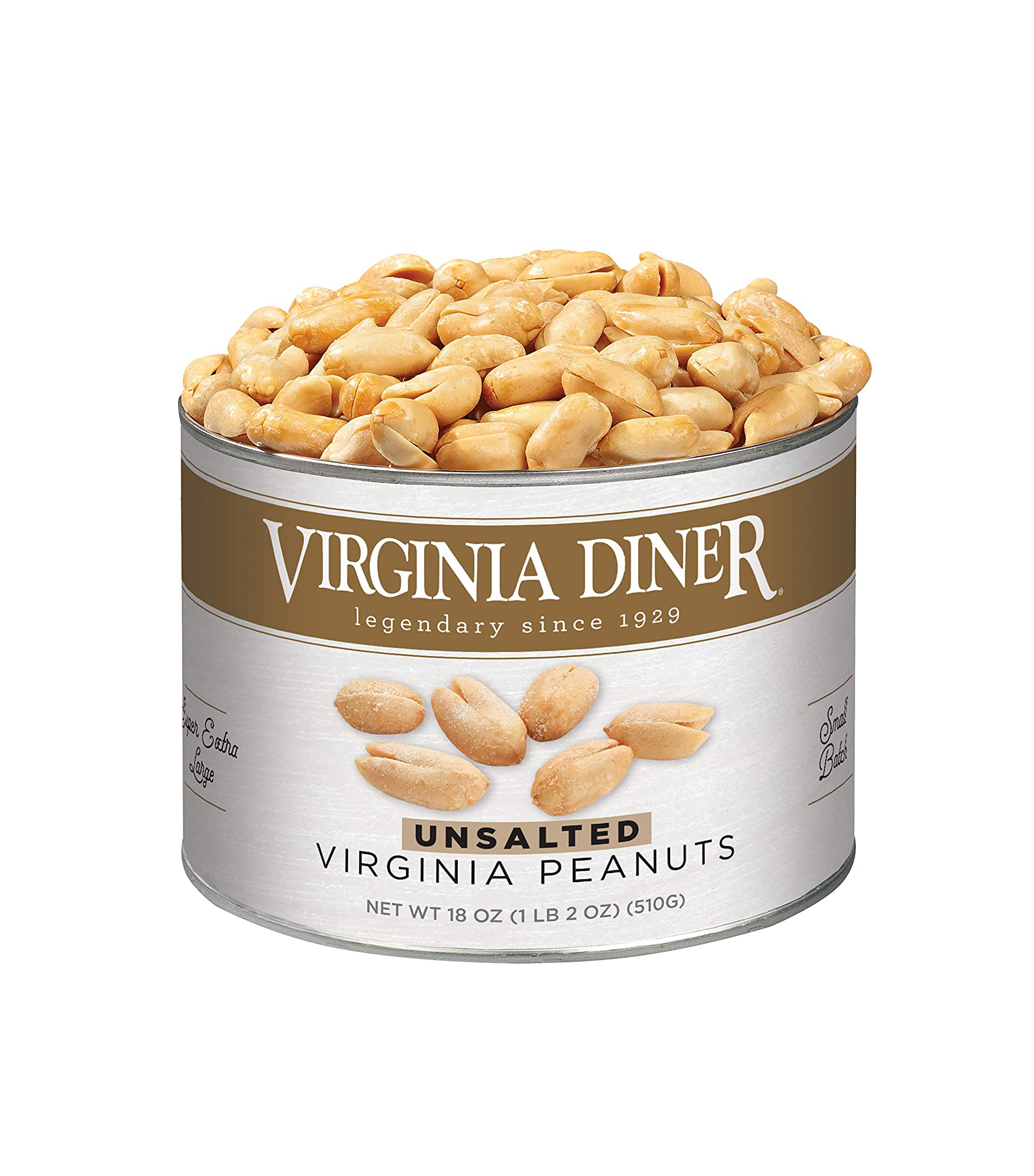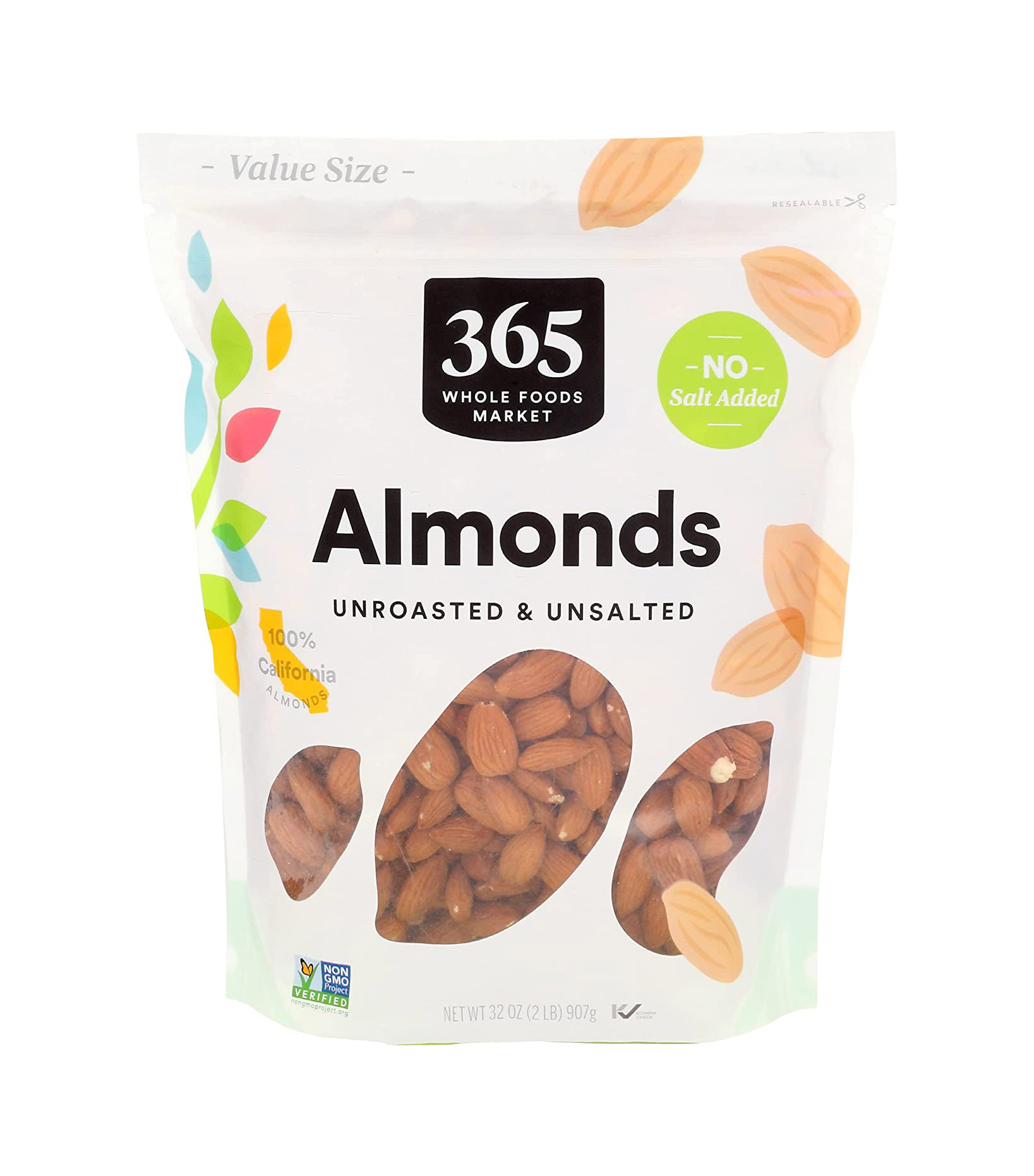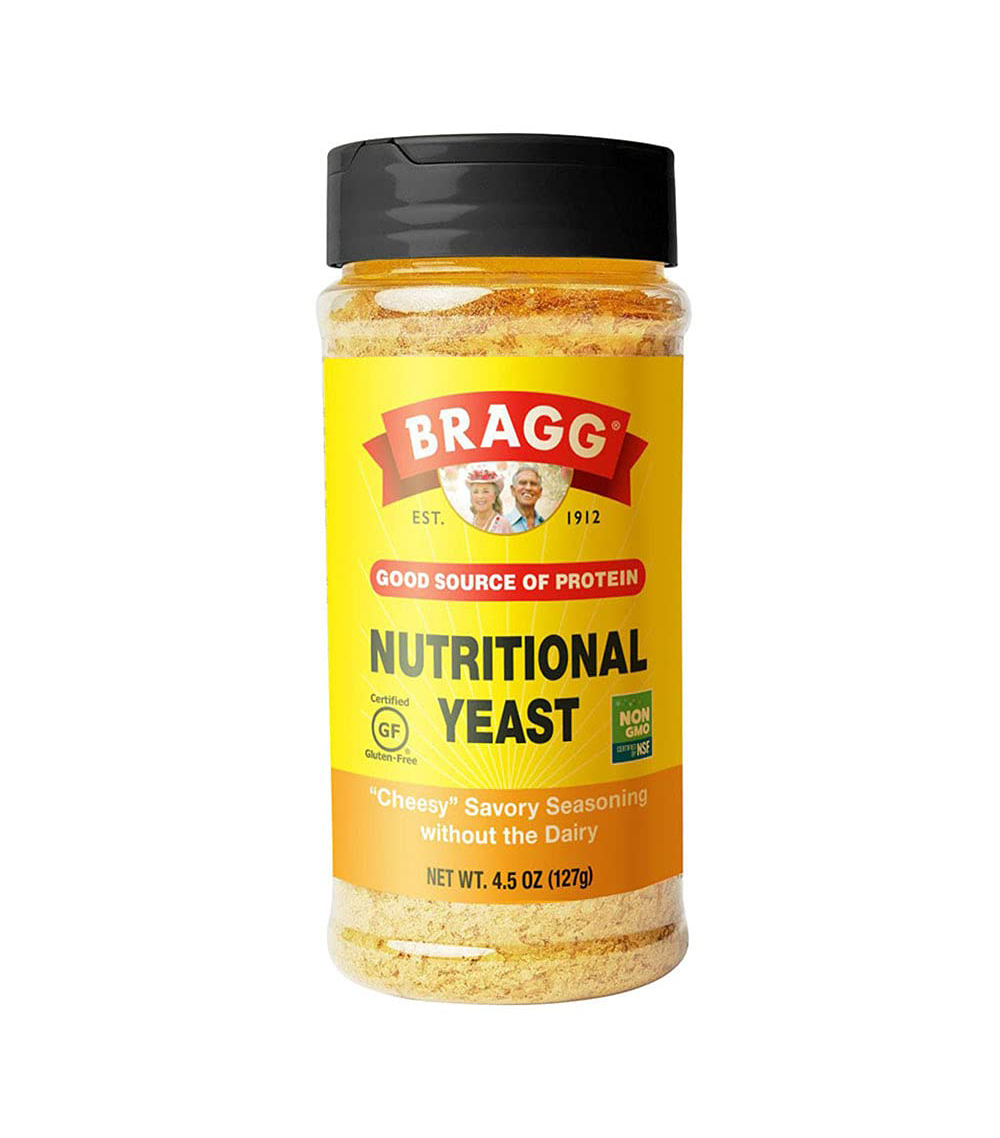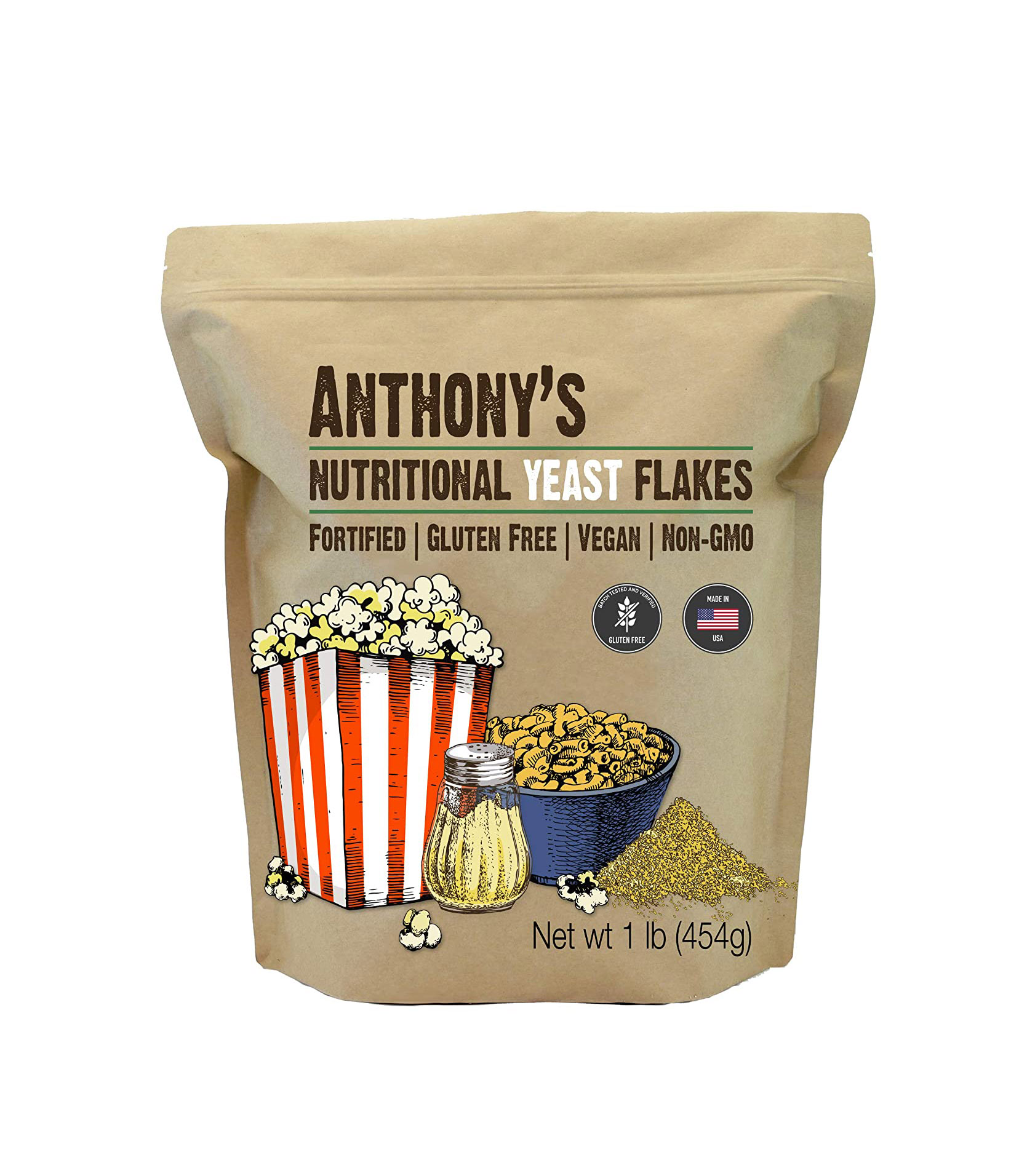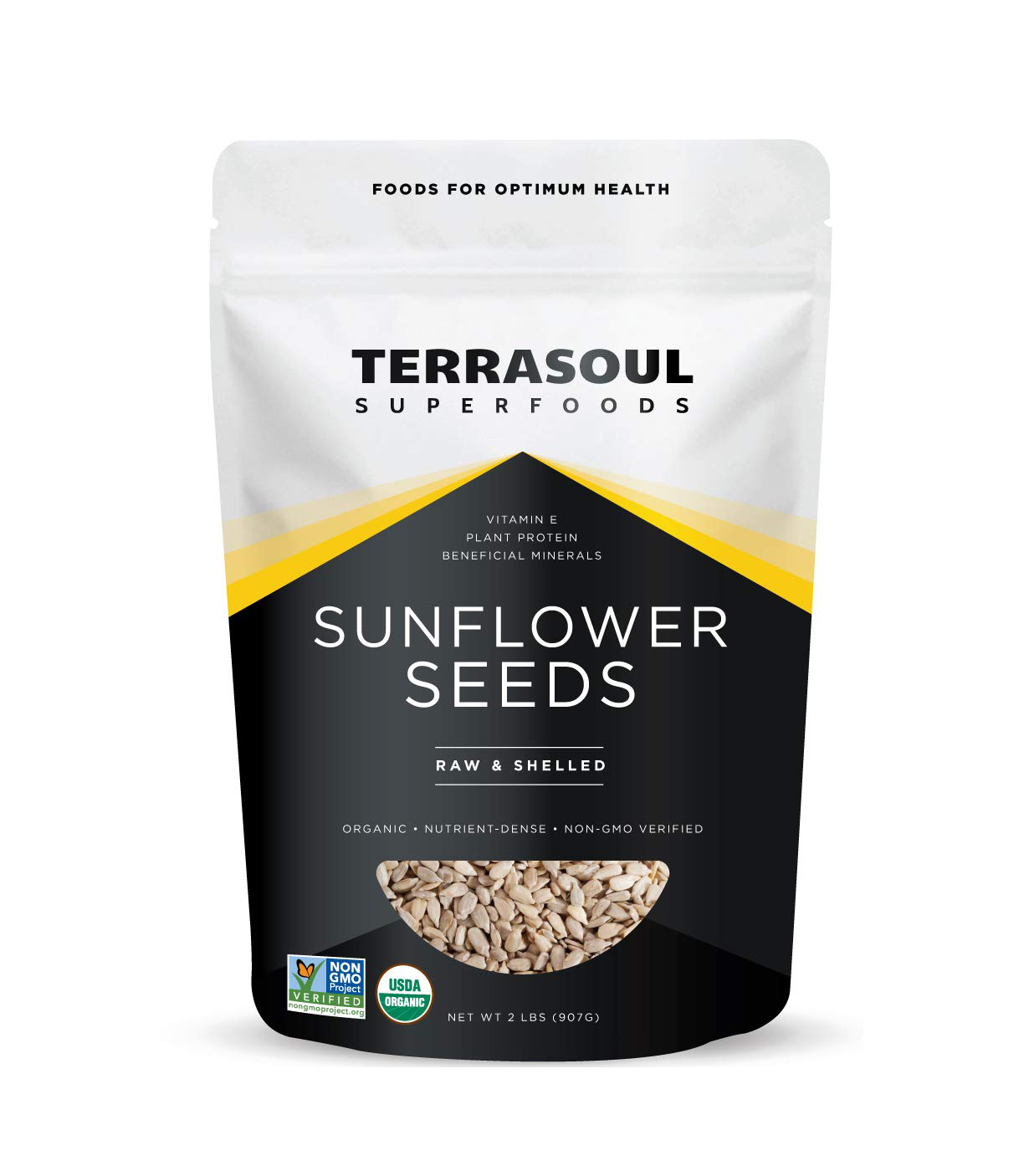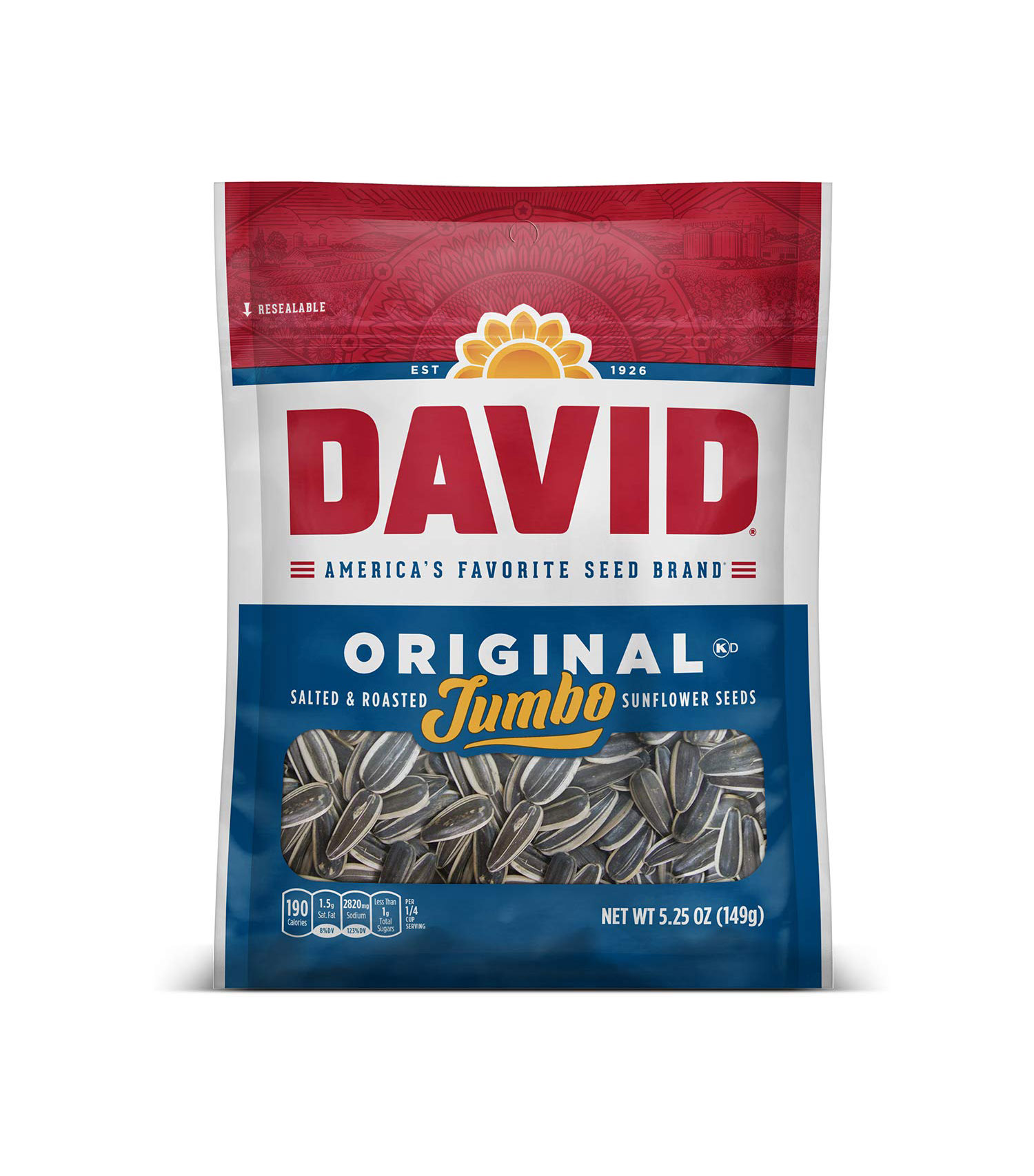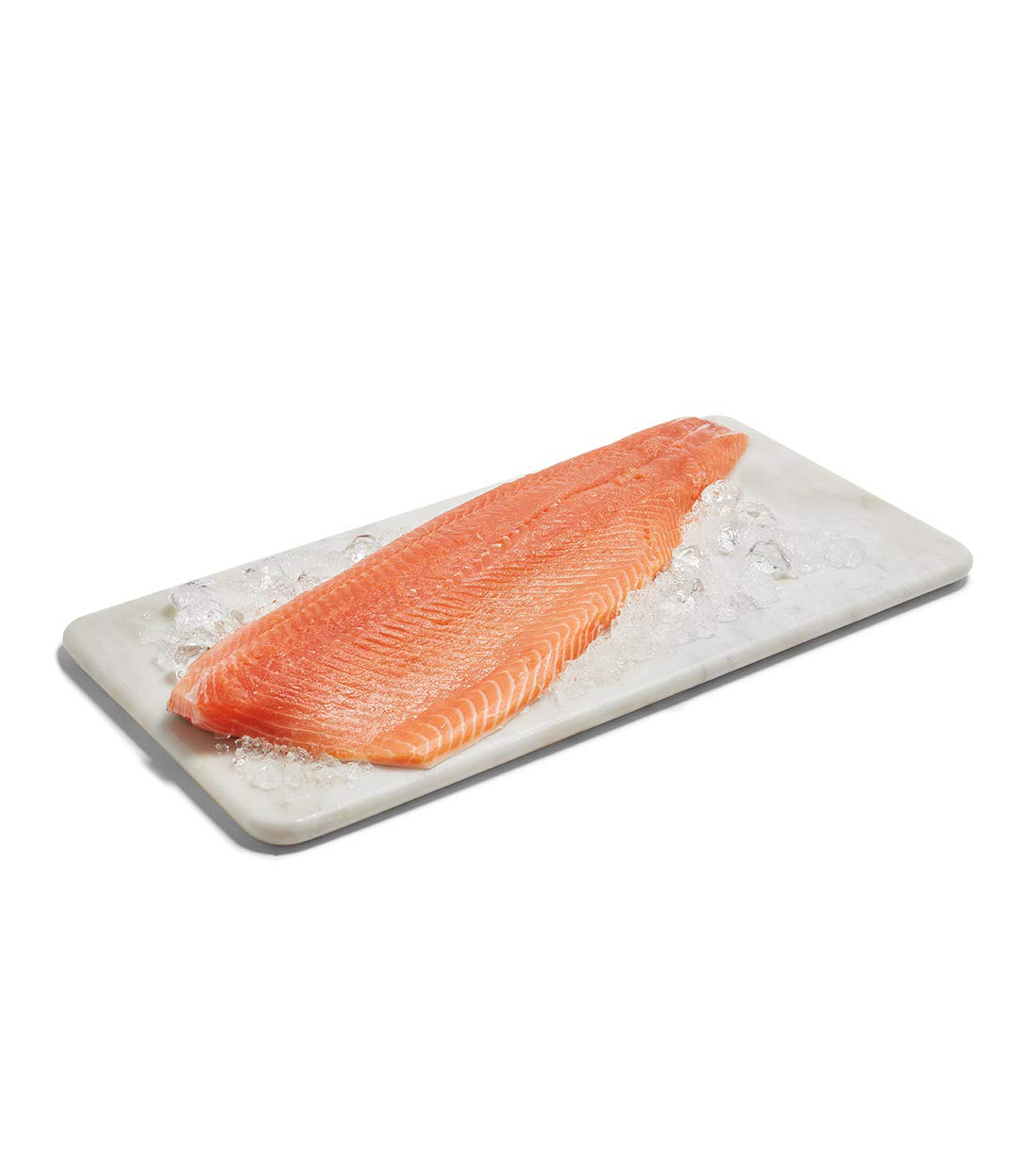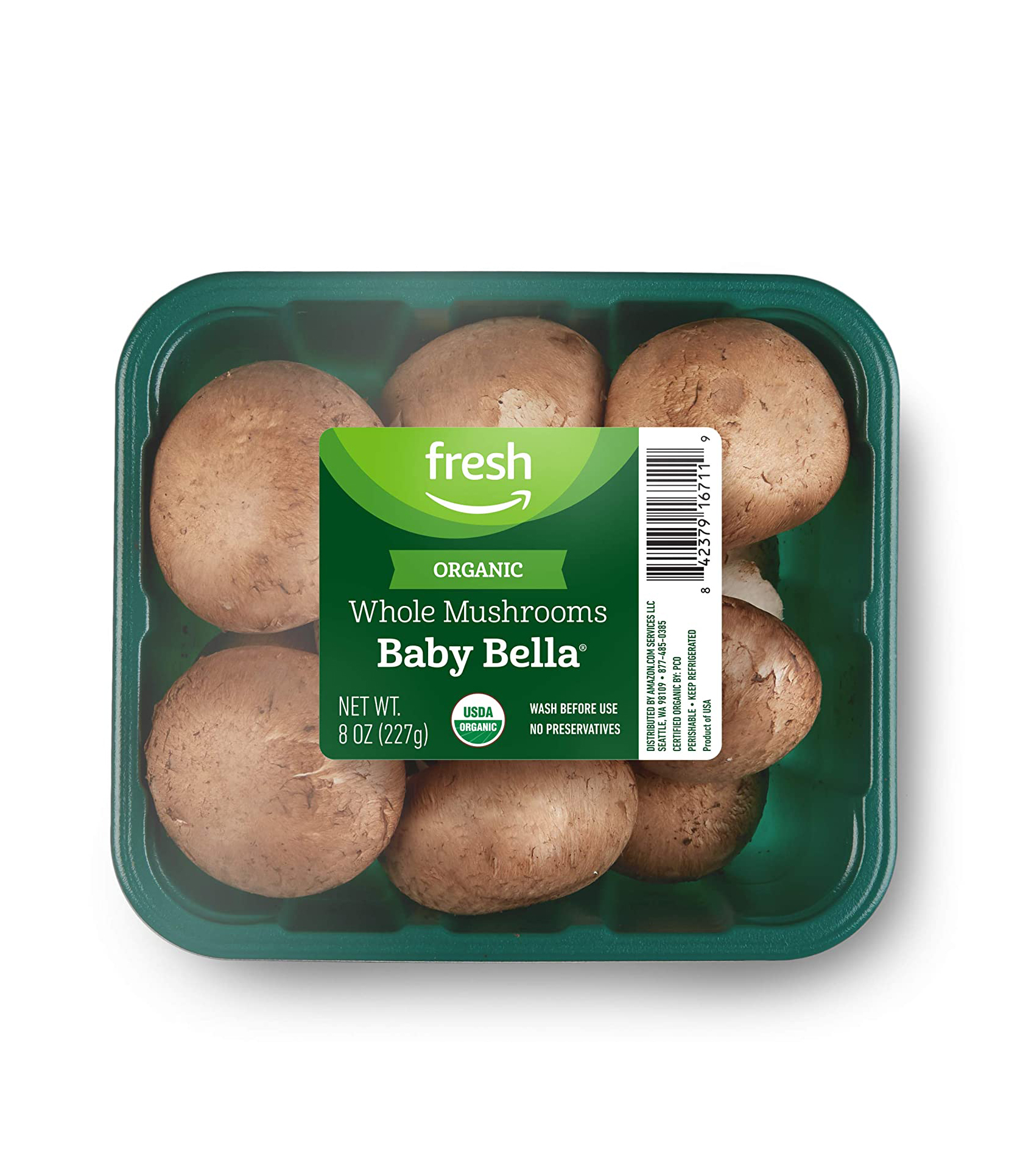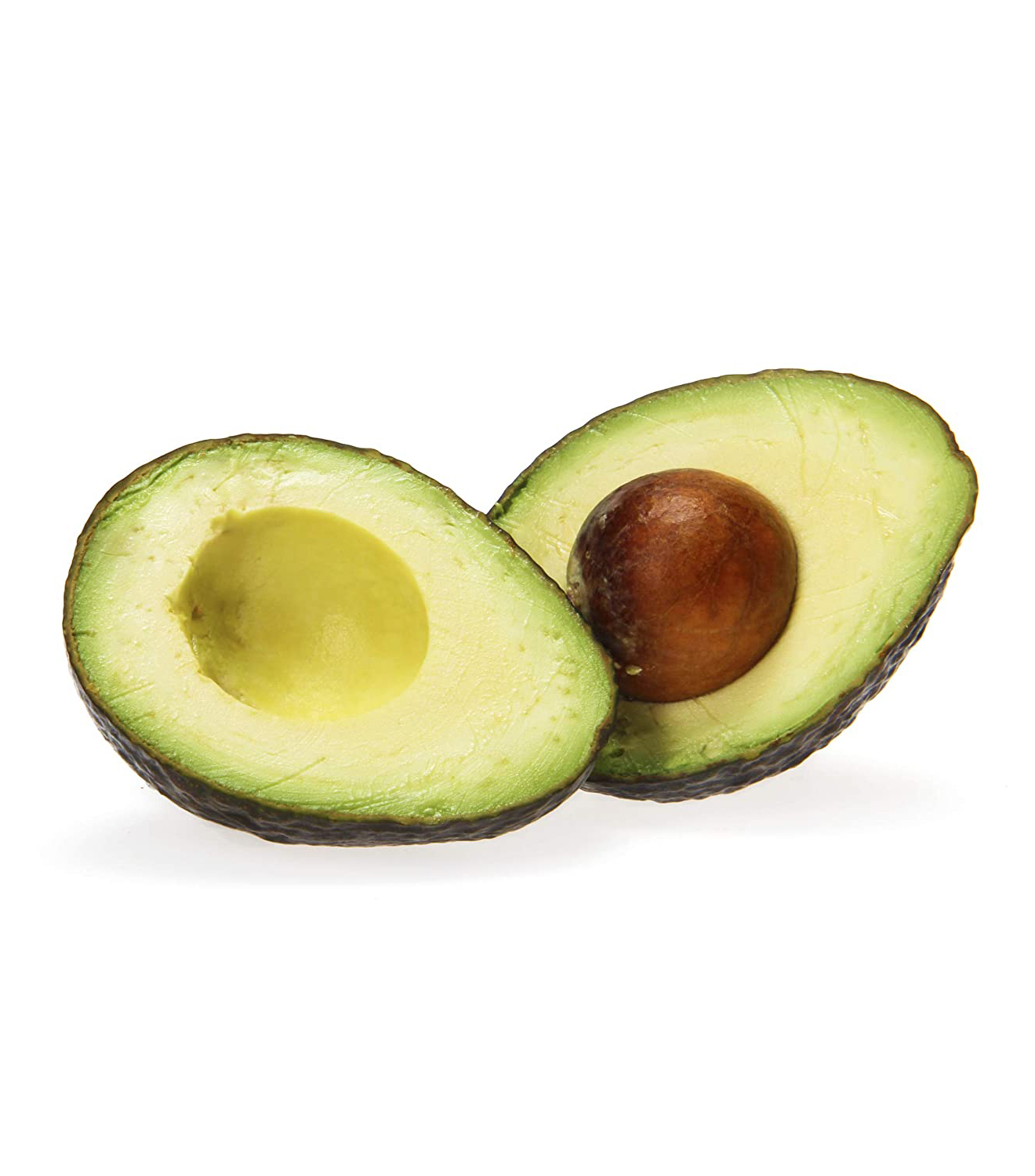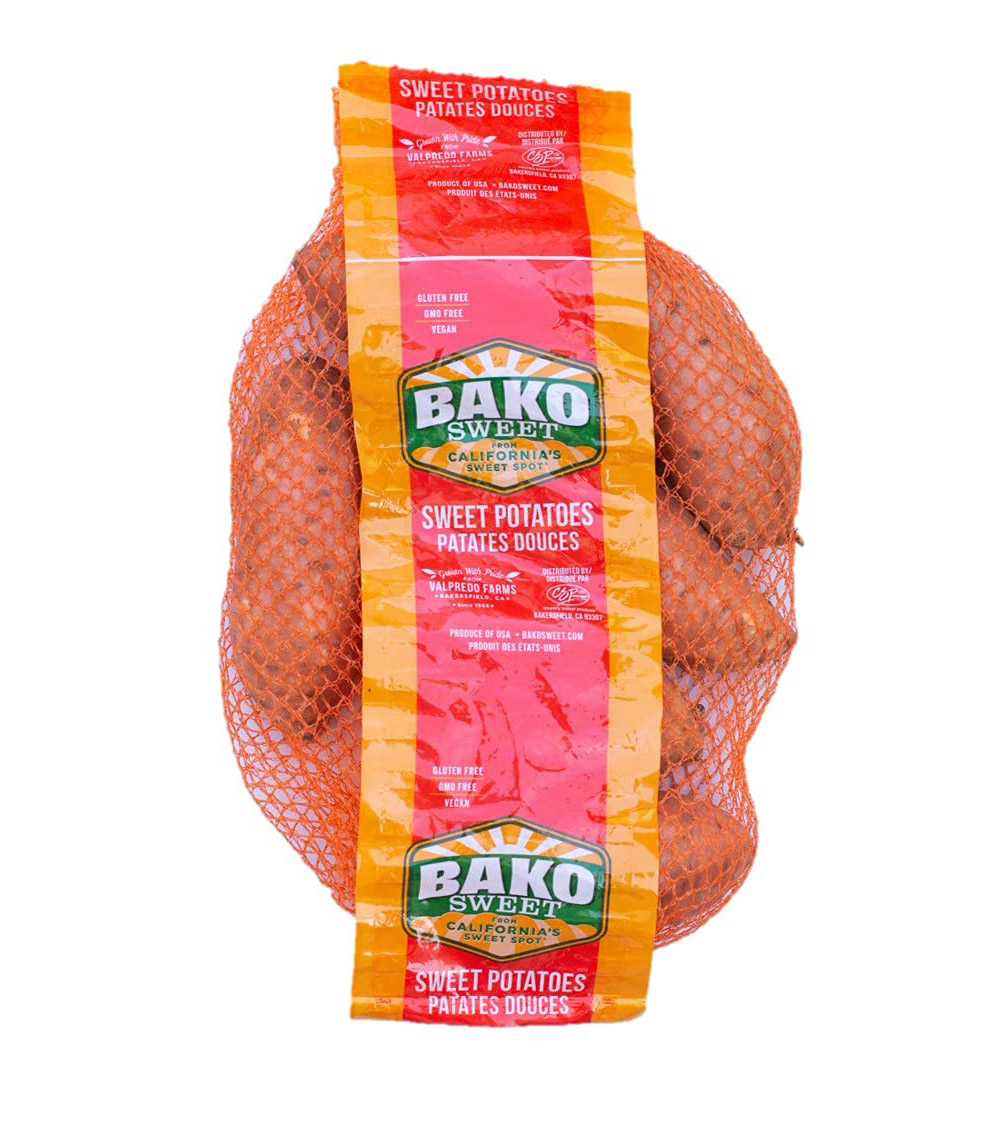9 Foods to Eat If You Want Healthier Skin, Hair, and Nails
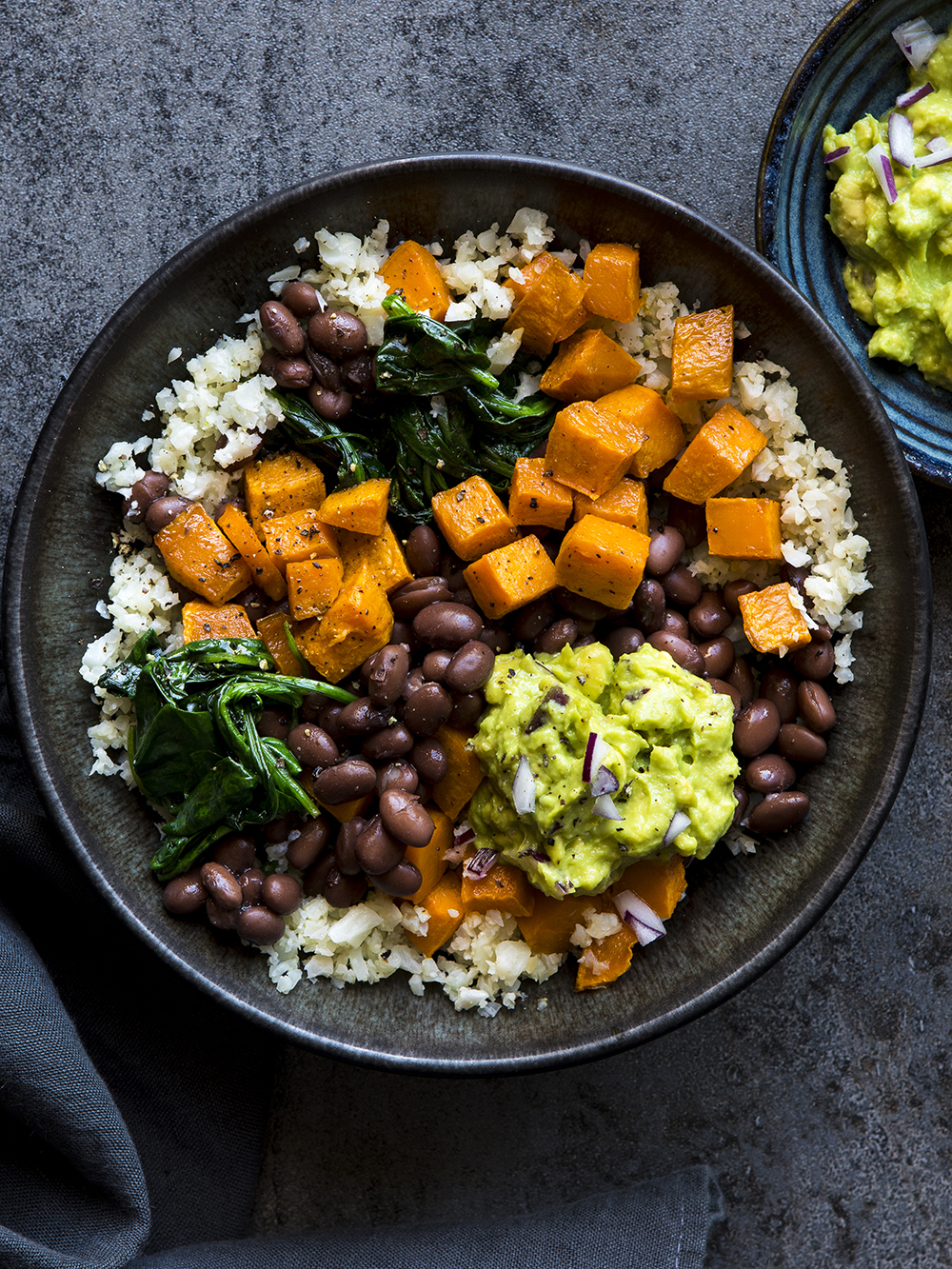
You've probably heard about biotin in the context of hair, skin, and nail health. And that's exactly what the nutrient benefits. "Biotin is one of the B vitamins (B7) and is what your body uses to metabolize fats, carbohydrates, and amino acids," explains Melissa Koller, an Integrative Nutrition health coach. Since biotin has metabolic functions, it helps turn the food we eat into energy so our bodies can run efficiently.
And there's another reason it's such a powerhouse. "It's also involved in gene regulation and cell signaling and can contribute to healthy hair, skin, and nails given its role in the production of the protein keratin," says Meredith Rofheart, MS, RD, a registered dietitian at Culina Health.
So yeah, you'll want to make sure you're getting enough biotin if you want your hair, skin, and nails to thrive.
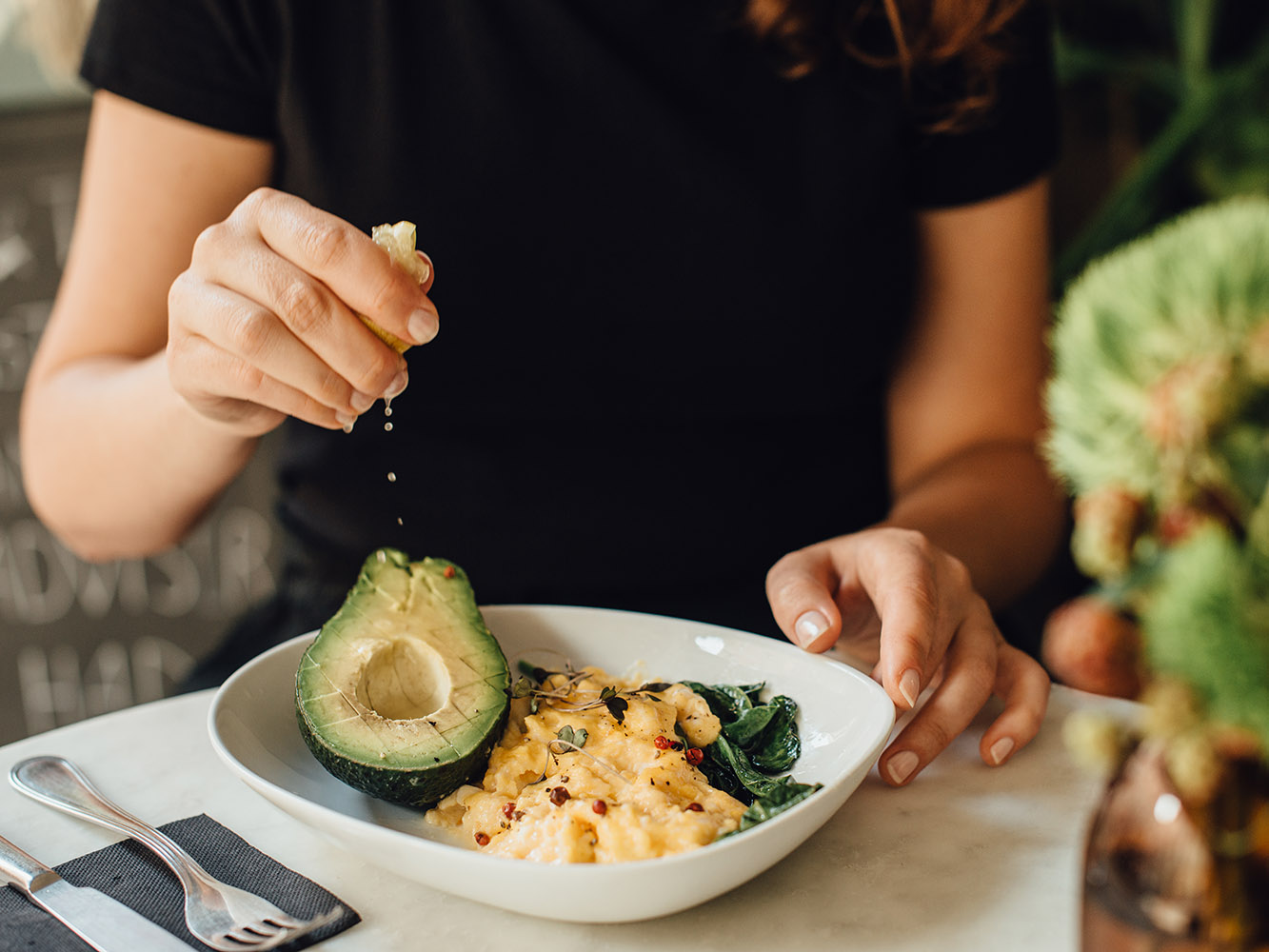
Luckily, it's relatively easy to get enough biotin through your diet, although Rofheart says that certain populations, such as breastfeeding women and those with a rare genetic enzyme disorder called biotinidase deficiency, could have a hard time getting the recommended amount. "Biotin deficiencies are very rare. Most individuals eating a varied diet will have no problem meeting their biotin needs," says Claire Virga, RDN, MS, CDN, a registered dietitian with Rooted Wellness, a private practice dedicated to women's health. "However, alcoholism can increase the risk for biotin deficiency because alcohol blocks the absorption of biotin. Eating raw egg whites regularly can also increase the risk for a deficiency. Raw egg whites contain a protein called avidin, which blocks the absorption of biotin."
Virga adds that it's recommended for adults to get 30 micrograms of biotin daily, while breastfeeding women might need 35 micrograms per day. "While biotin needs do not go up during pregnancy, lower biotin levels are common among pregnant women because the body breaks down biotin faster during pregnancy," she says. "This is one of the many reasons why all pregnant women should be supplementing their diet with a high-quality prenatal supplement, in addition to eating a varied and balanced diet."
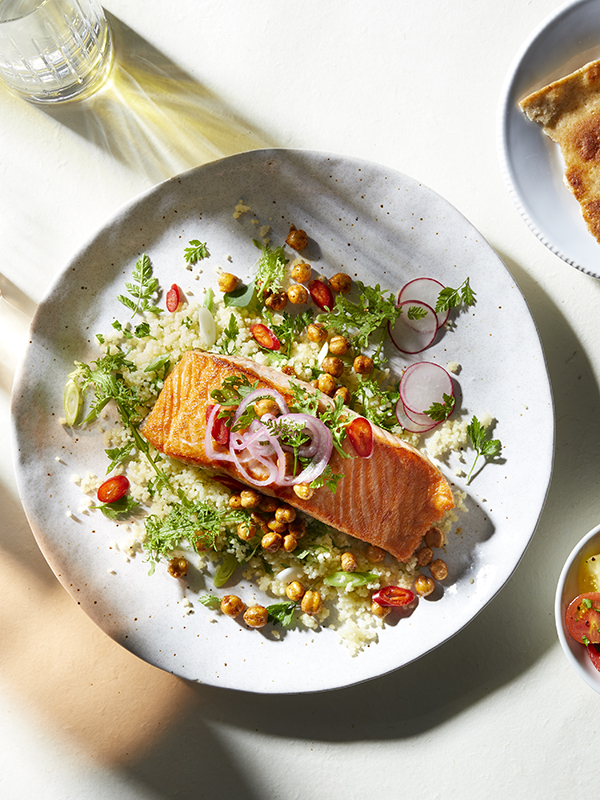
As for how you can tell if you're deficient in the vitamin, Rofheart says it's a bit hard to assess because of a few reasons: There is a lack of accurate test markers, it's not produced by the body naturally, and it's a water-soluble vitamin, so it's not stored in the body for very long.
There are some signs to watch out for, though. "While symptomatic biotin deficiency is very rare, signs of a deficiency include thinning hair and hair loss, brittle nails, conjunctivitis, and a scaly red rash around the body's openings (mouth, nose, etc.)," Virga says. If you notice these symptoms and suspect that you're biotin-deficient, you can speak to your doctor to see if it's a deficiency or signs of something else.

And as for those biotin supplements you've probably seen pretty much everywhere—there are so many varieties available—you'll want to tread carefully. All of the experts we spoke to said that it's best to start with your diet, especially since there are plenty of foods that contain the vitamin.
Virga says it might be a waste of money to add biotin supplements to your routine if you don't really need them. "There is no research to support that there are any benefits to taking a biotin supplement among individuals getting adequate amounts of biotin in the diet," she explains. "Biotin is a water-soluble vitamin, so we do not store it within the body. Any excess that we take in from food or supplements is flushed out in our urine. Of course, if someone is experiencing a true biotin deficiency, focusing on eating biotin-rich foods while also taking a biotin supplement may help improve symptoms."
But if you do decide to go the supplement route, you'll want to be careful with how much you're consuming. Koller warns taking too many biotin supplements may cause an upset stomach or even skin issues.
If you want to jump-start your diet with biotin-rich foods, take a look at some great sources of the nutrient below.
1. Eggs
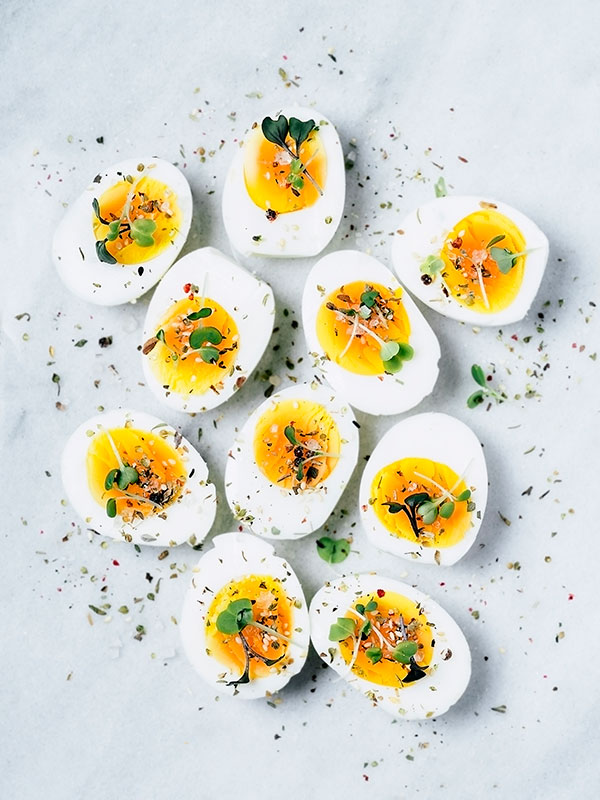
Rofheart says eggs are a great source of biotin since the yolks are especially rich in biotin and other B vitamins. And Virga adds that egg yolks also contain vitamin D, which is an important immune-boosting nutrient that is not found in many foods.
2. Meat
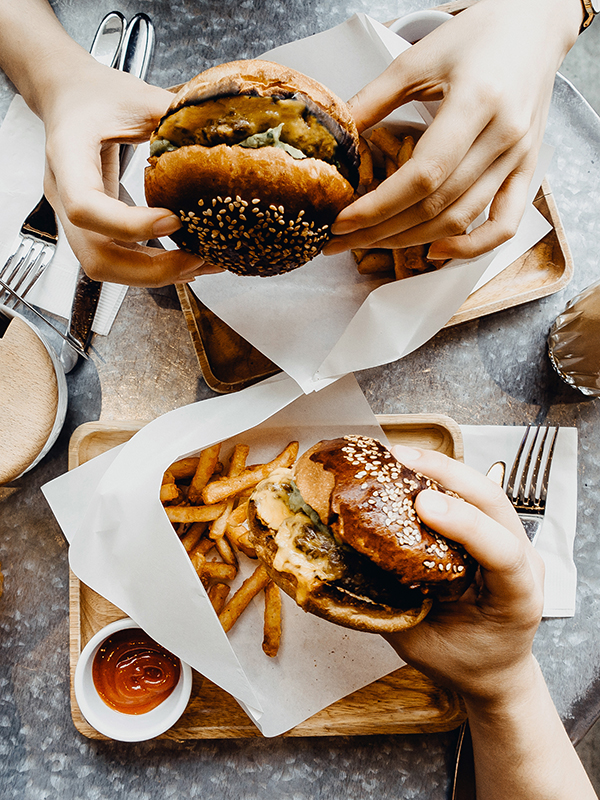
The nutrient can also be found in animal sources like hamburger meat and pork, Rofheart says.
3. Nuts
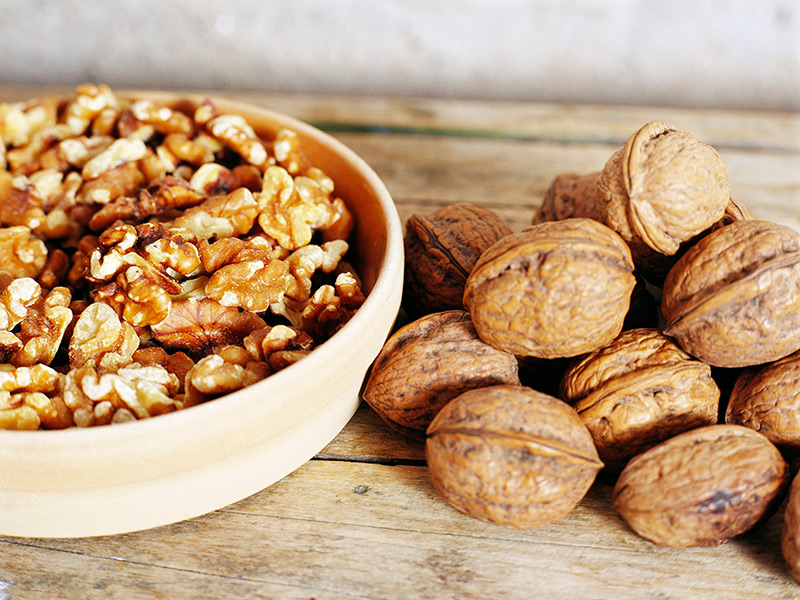
"Most nuts and seeds provide a healthy dose of biotin," Virga says. "Walnuts are an exceptionally good source of biotin, containing 9.5 micrograms per serving." Koller suggests adding raw nuts for crunch to your oatmeal or salad or reaching for them as a midday snack.
4. Nutritional Yeast
Koller suggests sprinkling some nutritional yeast on top of your food for a biotin boost.
5. Sunflower Seeds
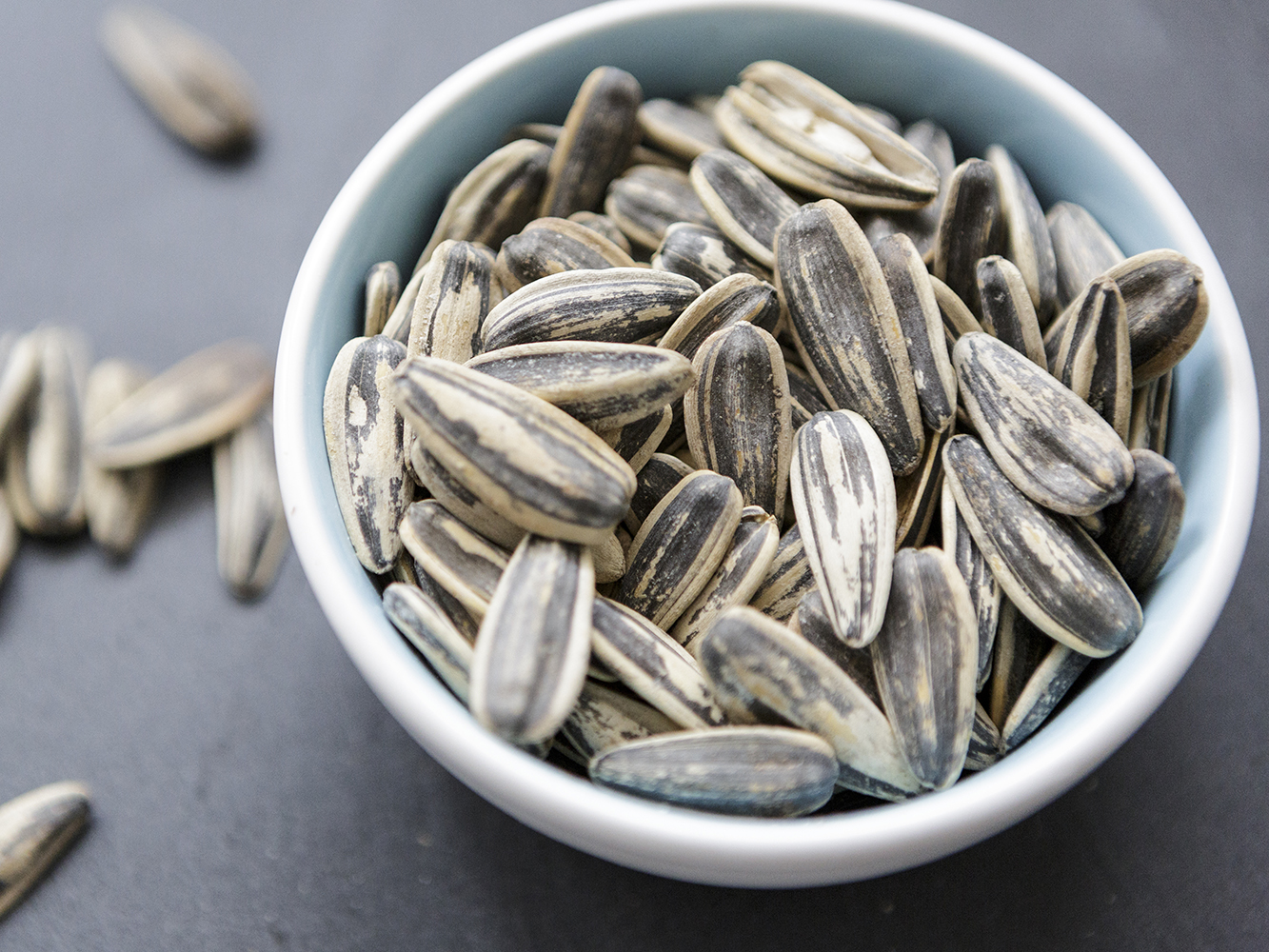
Virga says sunflower seeds are another excellent source—a quarter-cup of them provides about 2.6 micrograms of biotin.
6. Salmon
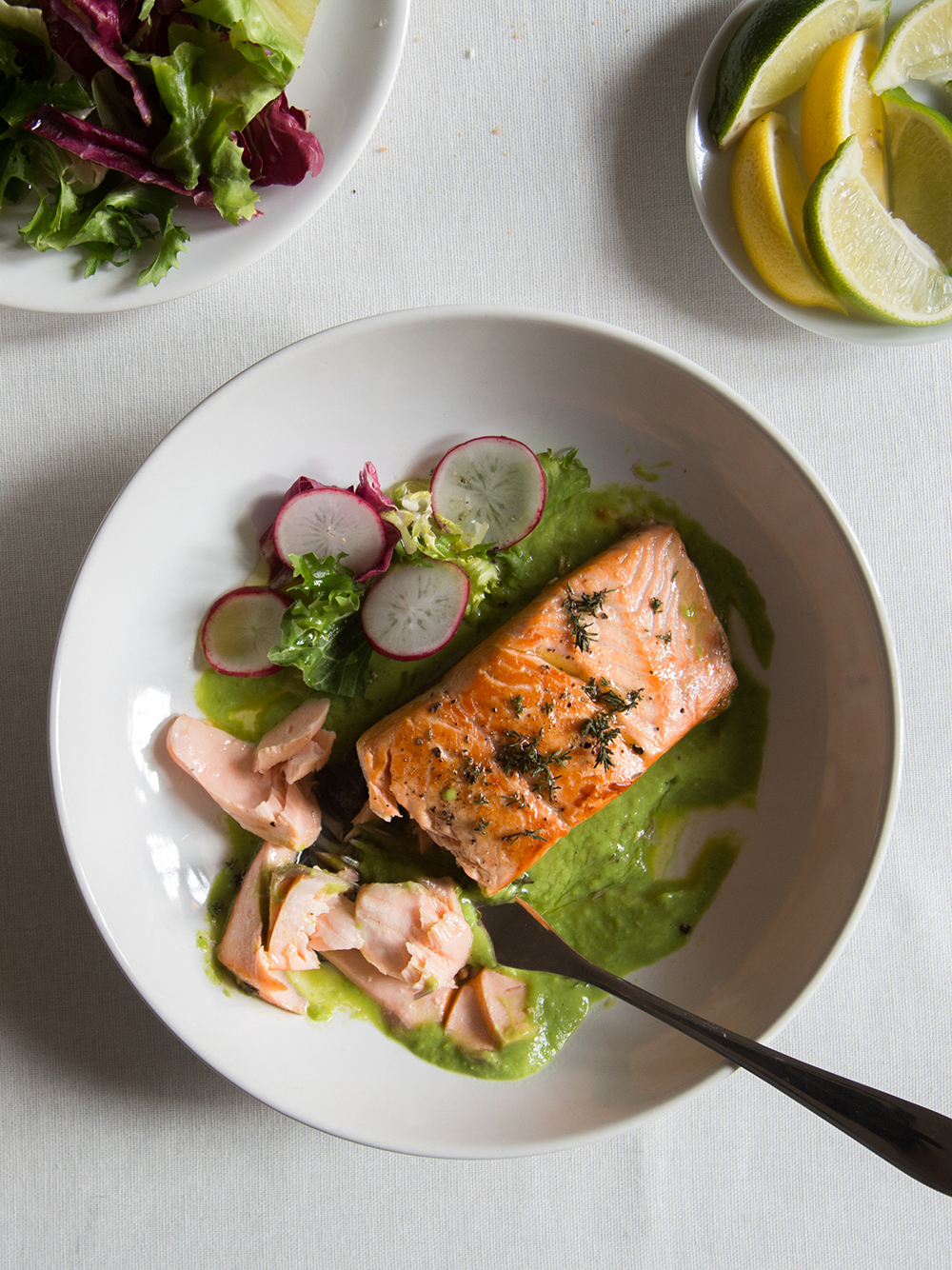
"Salmon is truly a superfood! A three-ounce serving of salmon contains 5 micrograms of biotin in addition to inflammation-fighting omega-3 fatty acids, vitamin D, and selenium," Virga says.
7. Mushrooms
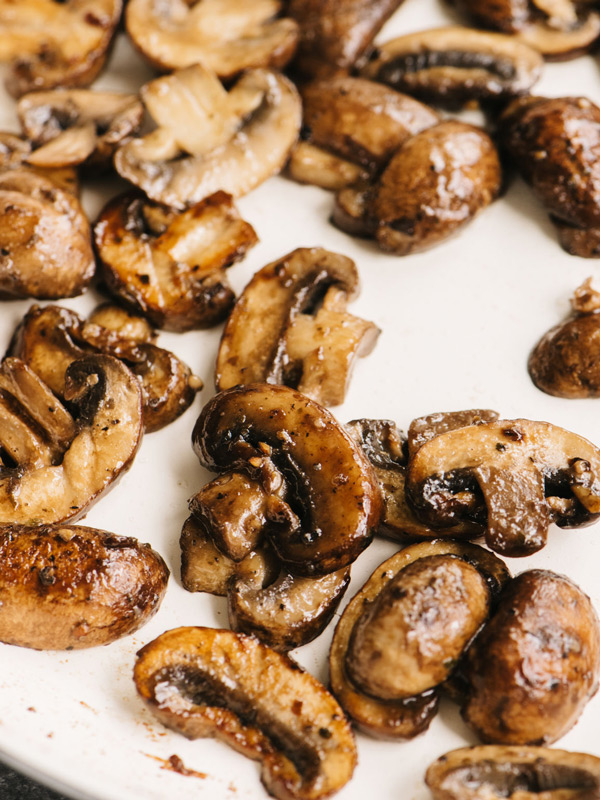
"Adding more mushrooms to your diet is a great way to get in more biotin," Virga says. "I love using mushrooms in plant-based dishes, as they provide a meat-like texture and flavor and are packed with nutrition."
8. Avocados
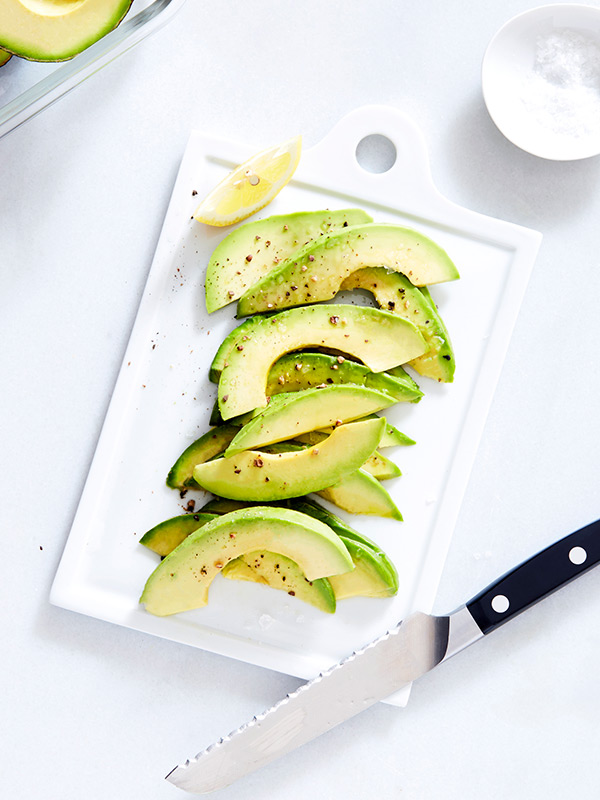
"Avocados are a good source of biotin, healthy fats, and vitamin E, making them a great option for anyone looking to improve skin health," Virga explains.
9. Sweet Potatoes
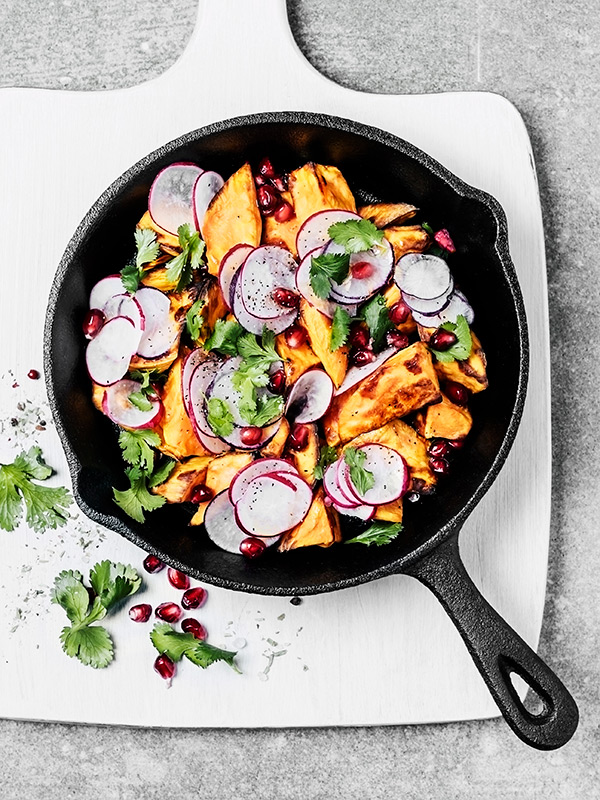
And Virga says sweet potatoes are one of the top vegetable sources of biotin. They're also a great source of beta carotene, which is a nutrient that supports skin health.
Next, Nutritionists Say These High-Iron Foods Give You Healthy Skin, Hair, and More
This article was originally published at an earlier date and has since been updated.
Disclaimer
This article is provided for informational purposes only and is not intended to be used in the place of advice of your physician or other medical professionals. You should always consult with your doctor or healthcare provider first with any health-related questions.
Sarah is lifestyle writer and editor with over 10 years of experience covering health and wellness, interior design, food, beauty, and tech. Born and raised in Los Angeles, she attended New York University and lived in New York for 12 years before returning to L.A. in 2019. In addition to her work at Who What Wear, she held editor roles at Apartment Therapy, Real Simple, House Beautiful, Elle Decor, and The Bump (sister site of The Knot). She has a passion for health and wellness, but she especially loves writing about mental health. Her self-care routine consists of five things: a good workout, “me” time on the regular, an intriguing book/podcast/playlist to unwind after a long day, naps, and decorating her home.
-
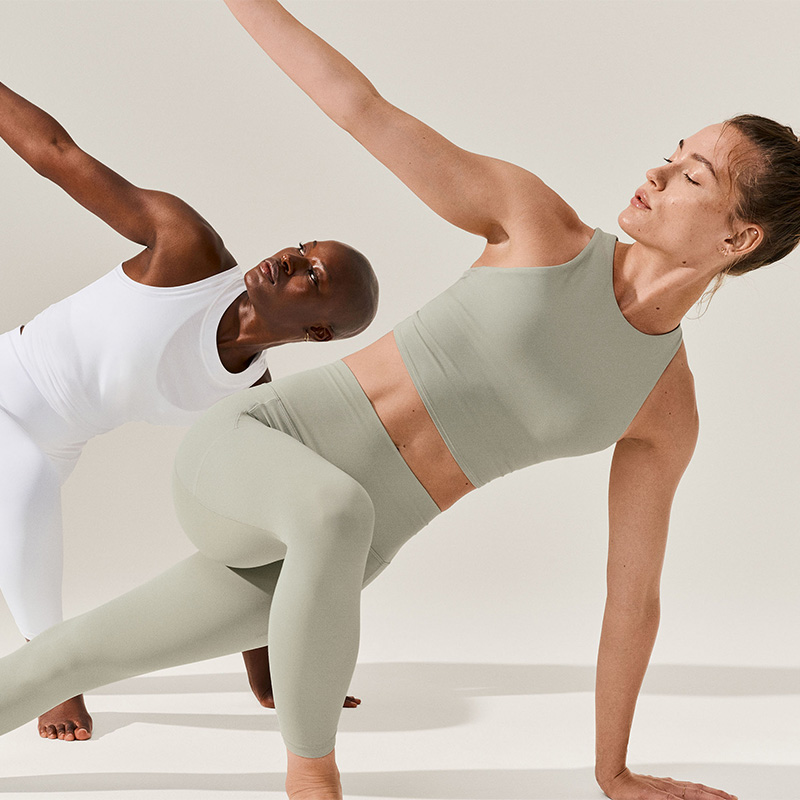 I Live for Yoga and Pilates—These Are the Pieces That Help My Flow
I Live for Yoga and Pilates—These Are the Pieces That Help My FlowTake notes.
By Humaa Hussain
-
 It's Time to Get Our Nutrition in Check for Summer—This App Is Making It Easy
It's Time to Get Our Nutrition in Check for Summer—This App Is Making It EasyThe recipe ideas are endless.
By Who What Wear
-
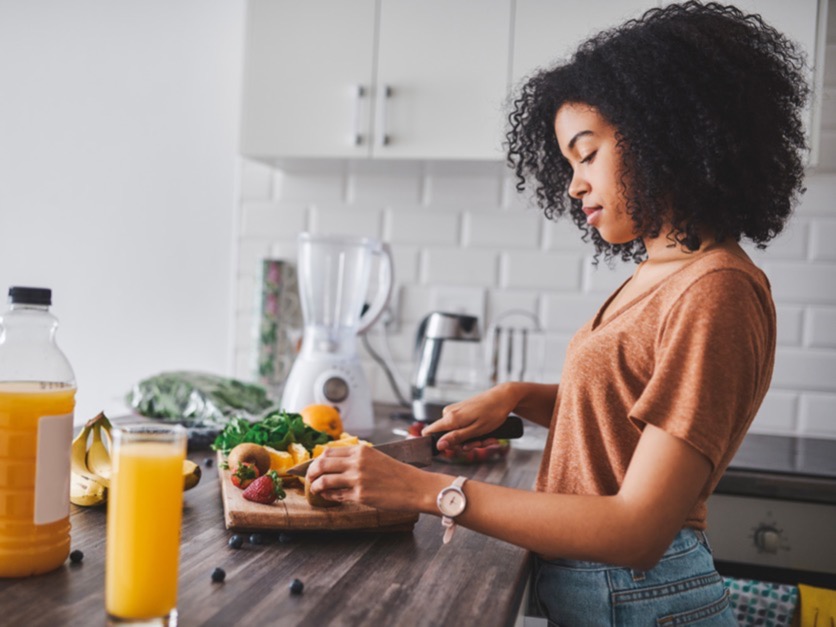 If You're Battling With Digestive Issues, This Could Be Why
If You're Battling With Digestive Issues, This Could Be WhyTurns out, you may not have IBS after all.
By Kia Topps
-
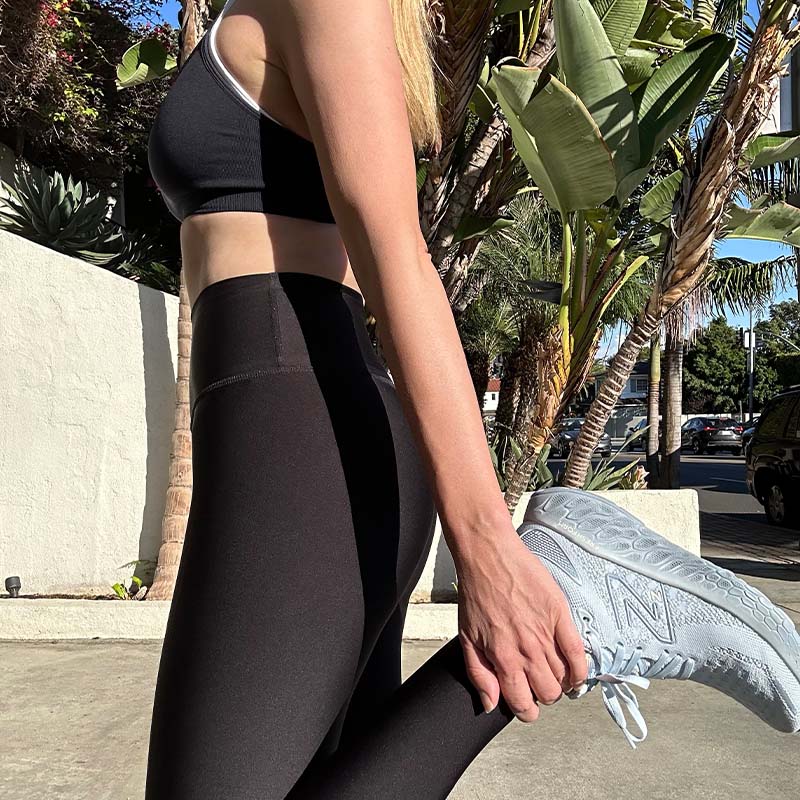 Our Editors Own a Lot of Sneakers, But This Pair Comes in First Place Every Time
Our Editors Own a Lot of Sneakers, But This Pair Comes in First Place Every TimeA major win.
By Aniyah Morinia
-
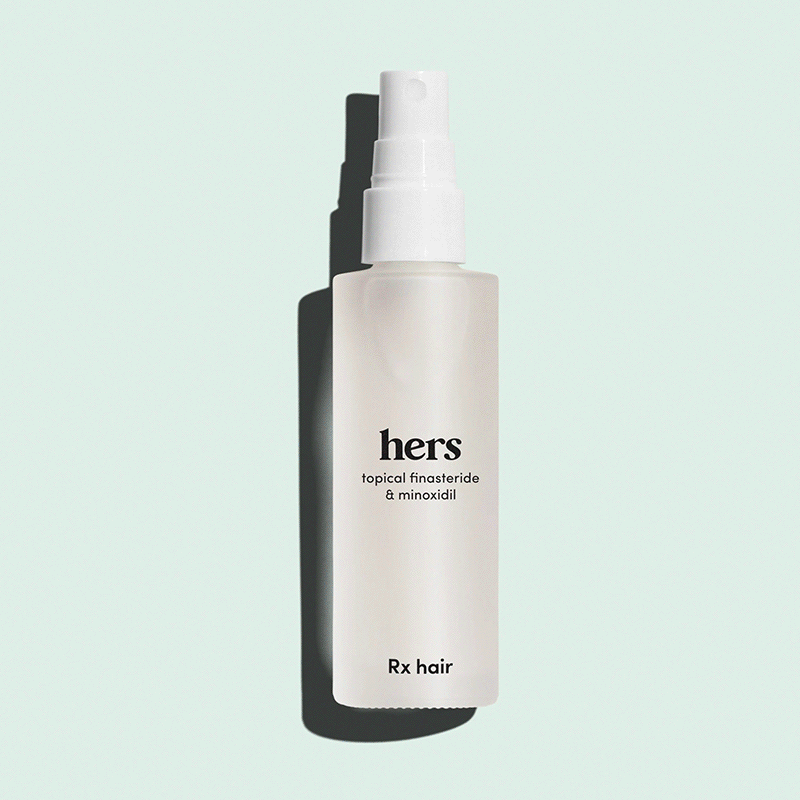 13 Products That Will Step Up Your Self-Care Game From Home
13 Products That Will Step Up Your Self-Care Game From HomeGet that glow from within.
By Natalie Gray Herder
-
 I Changed My Mind About Strength Training When I Tried This Workout
I Changed My Mind About Strength Training When I Tried This WorkoutMy confidence is officially on 10.
By Kia Topps
-
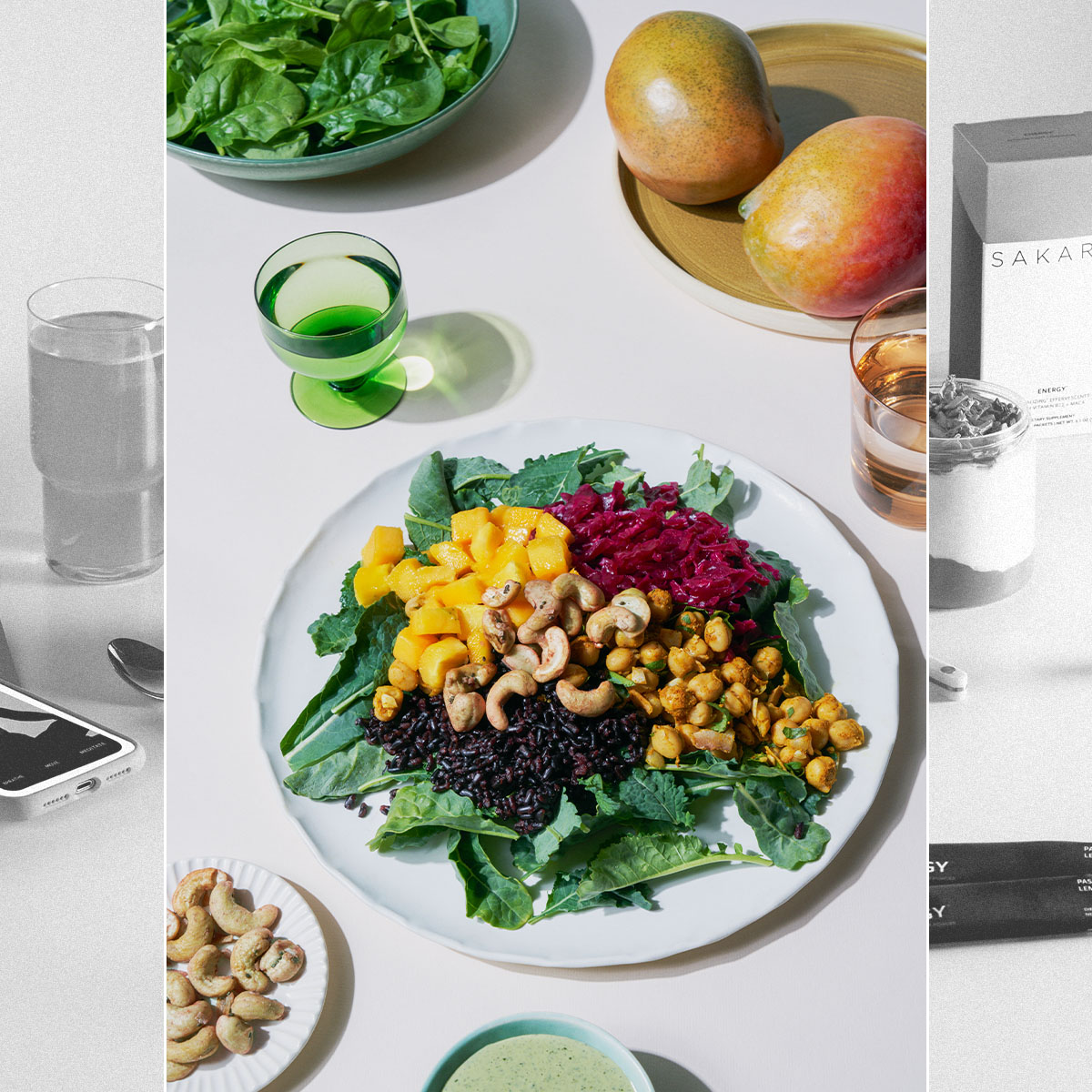 Bella Hadid and Gwyneth Paltrow Apparently Love Sakara Life, so We Tried It for 30 Days
Bella Hadid and Gwyneth Paltrow Apparently Love Sakara Life, so We Tried It for 30 DaysHere are our honest thoughts.
By Erin Jahns
-
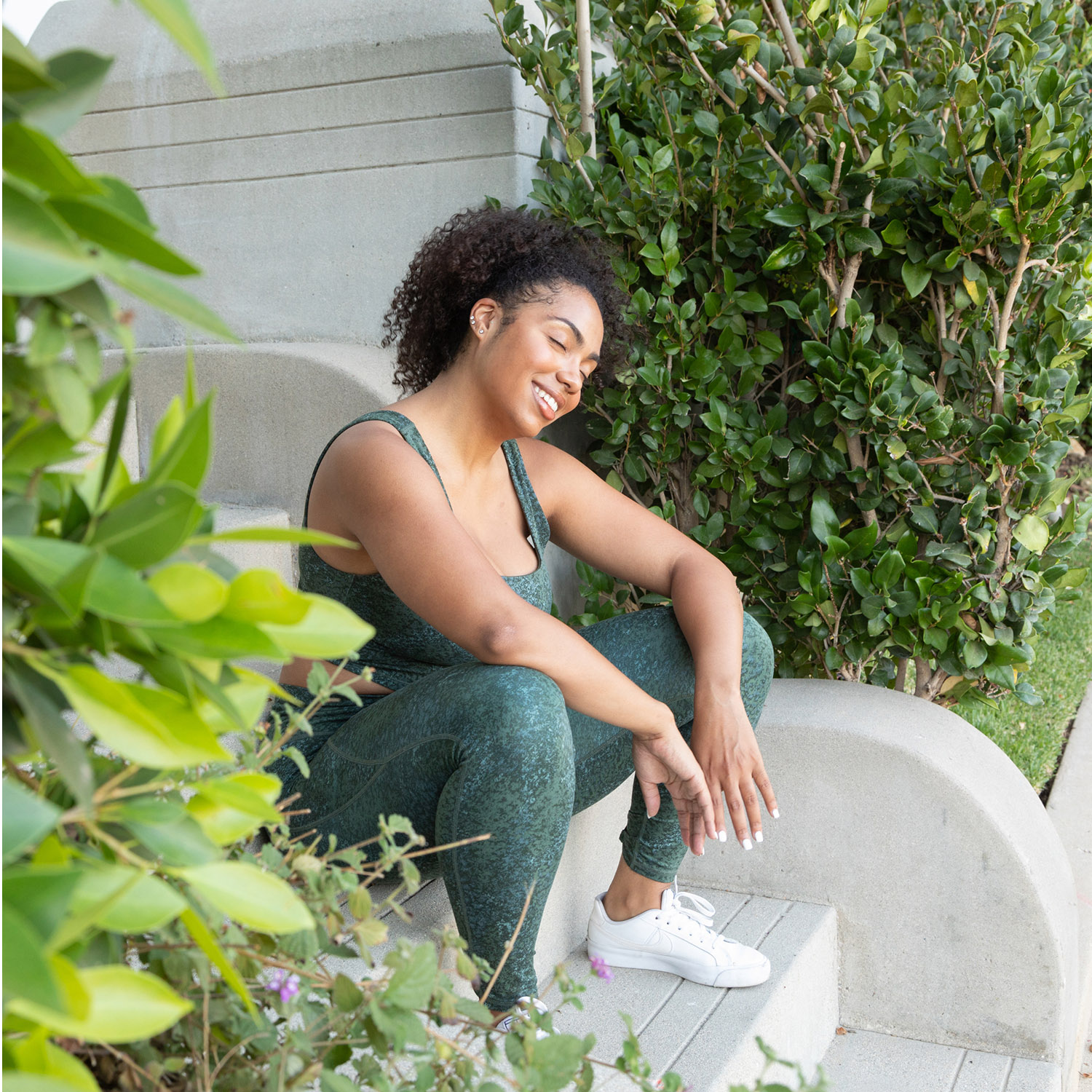 This Type of Gear Will Take Your Workout to the Next Level
This Type of Gear Will Take Your Workout to the Next LevelBring it on.
By Sarah Yang
